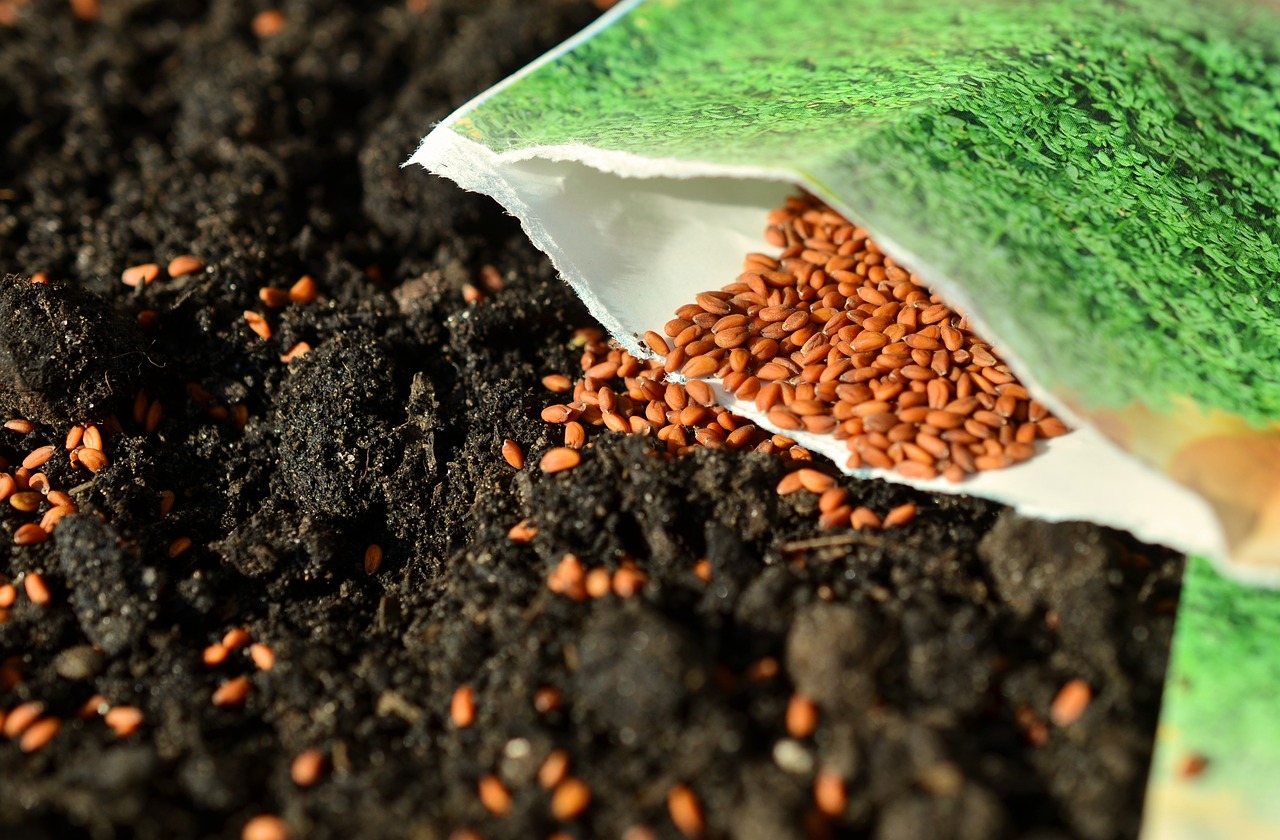
Despite the long history of agricultural development, the problem of selecting seeds arises for agrarians every season. Seed producers continue to pay great attention to increasing the yield of their products, but climatic changes on the planet make the weather more severe and unpredictable. That's why today, more and more companies around the world are trying to improve their seed selection efficiency by applying the latest high-tech developments.
One of them is the US-Israeli startup Seed-X, which uses machine vision and artificial intelligence algorithms to identify genetic traits of seeds based on the phenotype. According to the creators, the use of this technology does not require the destruction of seeds, and genotype analysis is carried out without genetic tests at the molecular level.
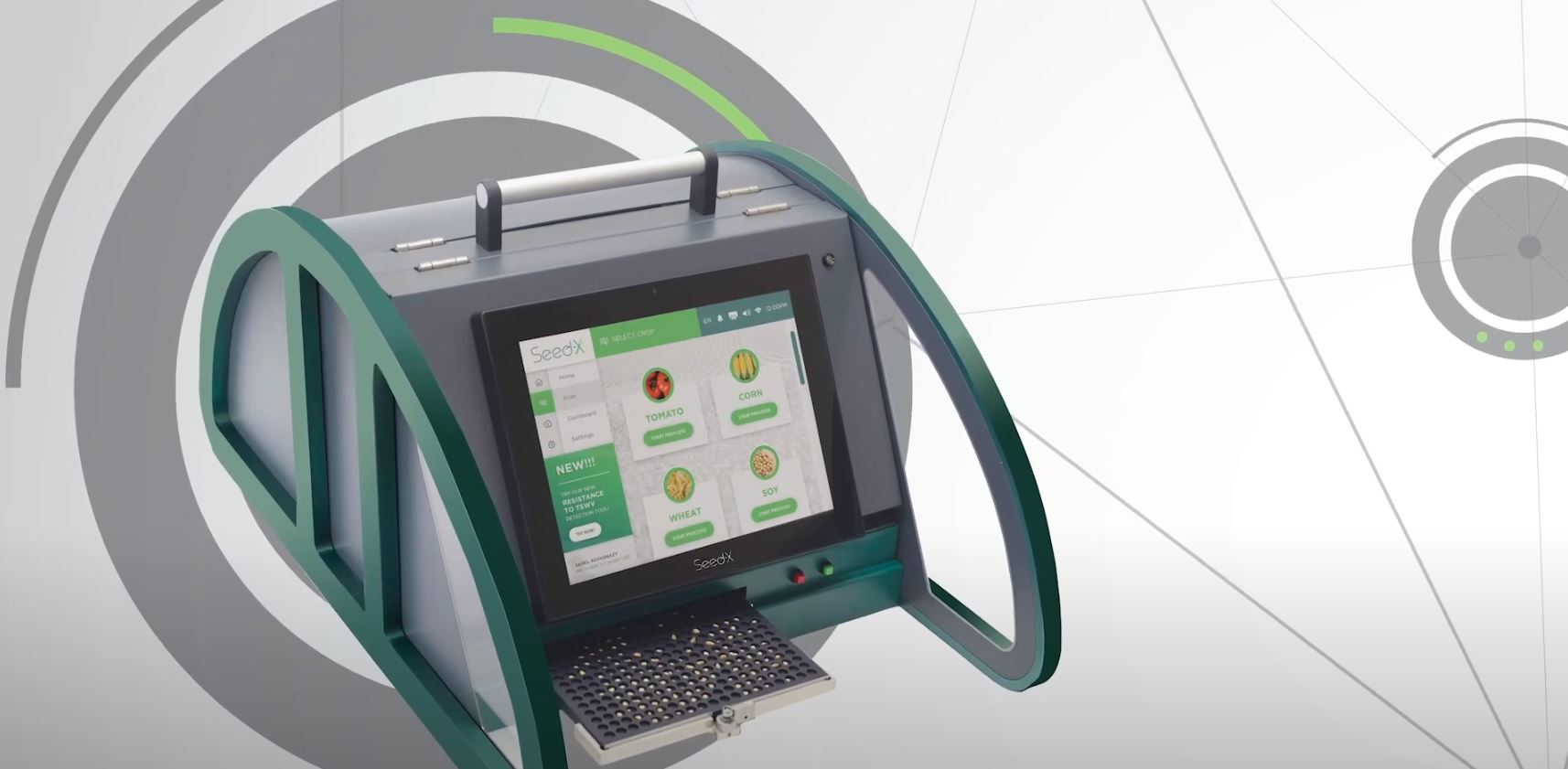 "Traditional seed selection is too wasteful and inaccurate. Our technology supports the agricultural ecosystem, allowing breeders and producers to achieve their desired results faster and more reliably. They can get the best seeds for less money while reducing the use of resources such as land, water, fertilizers, energy and chemicals," said Sarel Ashkenazy, founder and CEO of the company.
"Traditional seed selection is too wasteful and inaccurate. Our technology supports the agricultural ecosystem, allowing breeders and producers to achieve their desired results faster and more reliably. They can get the best seeds for less money while reducing the use of resources such as land, water, fertilizers, energy and chemicals," said Sarel Ashkenazy, founder and CEO of the company.
According to him, at the same time, the startup has to face the distrust of seed producers who doubt the possibility of conducting analysis without using molecular testing.
"Farming with artificial intelligence is something to be welcomed, not afraid of. Its use can help create better quality food in an environmentally friendly, affordable and less wasteful way. Artificial Intelligence technologies create new ways to analyze existing data. All areas of science related to plant biology, pathology, seeds and grain physiology can make significant progress using AI," says Sarel Ashkenazy.
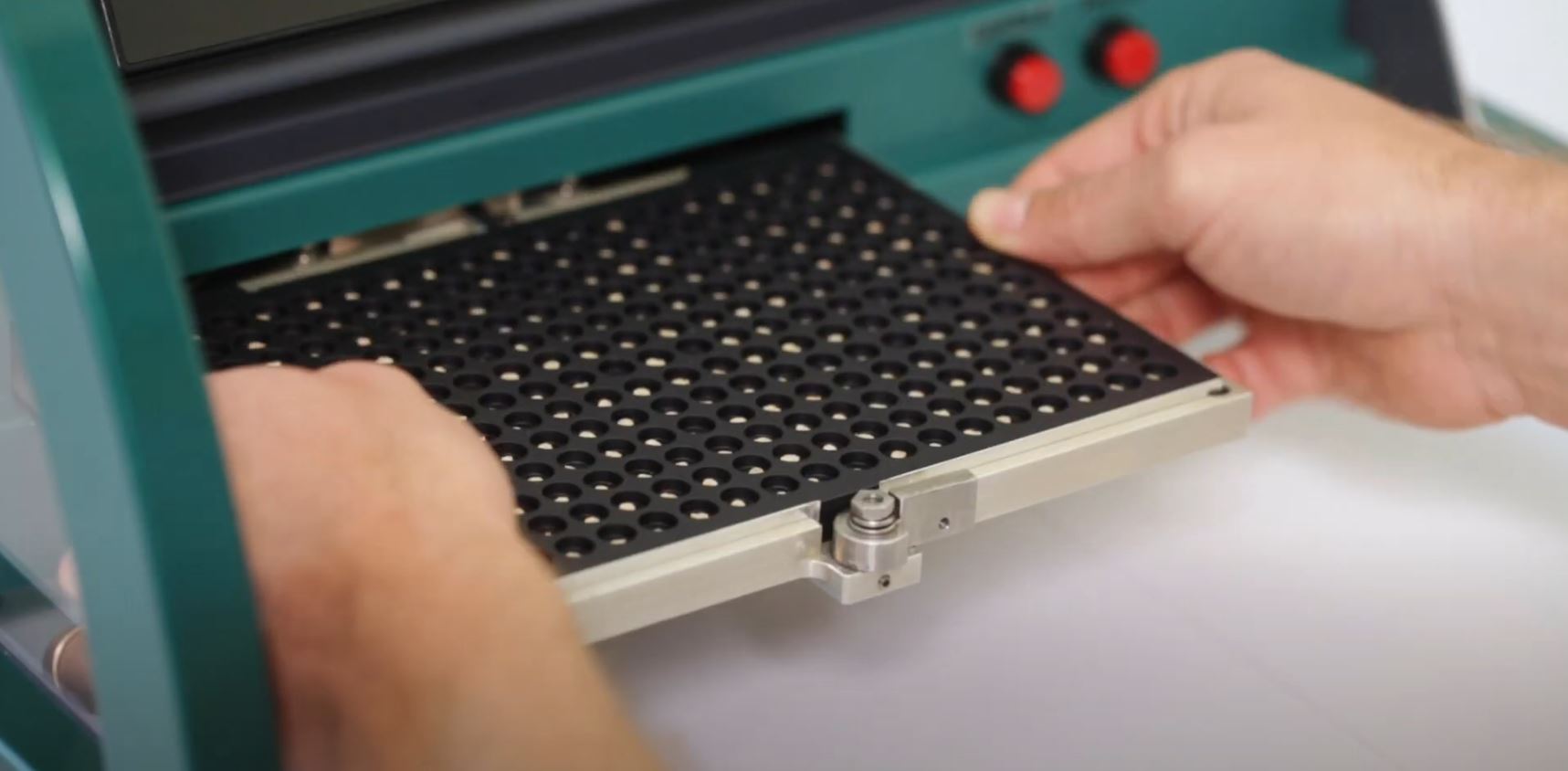 He also spoke in more detail about how his company's technology works.
He also spoke in more detail about how his company's technology works.
"Our technology is based on a combination of computer vision, artificial intelligence and our own algorithm that analyzes the seed phenotype for genetic characteristics. We use different types of light waves to capture the data, but it is the predetermined algorithms that form the basis of the system," said Sarel Ashkenazi.
According to him, it allows to successfully classify seeds according to different biotic (viruses, nematodes and fungal resistance) and qualitative features (color and shape of fruits, plant structure).
The breakthrough is that this approach allows you not to destroy the seeds. In addition, it makes it possible to perform genotypological analysis without any molecular genetic tests.
"The first product we launched is called GeNee. It's a portable seed analysis tool that helps breeders make a selection for each breeding cycle. It saves time and improves sampling quality. Seed manufacturers can also use GeNee to verify sample quality. The results are always available on a web-based platform with graphs and diagrams that give a complete picture of each individual seed," said Sarel Ashkenazy.
 Currently, the Seed-X database contains information on 250 varieties of vegetables and grains, but it can be expanded very quickly, according to the head of the company.
Currently, the Seed-X database contains information on 250 varieties of vegetables and grains, but it can be expanded very quickly, according to the head of the company.
"It takes about four hours of visualization and six hours of algorithm practice to adapt the algorithm for a new task or feature. And for each new parameter, you should train the algorithm only once. Today the system continues to be actively improved", emphasizes Sarel Ashkenazy.
In conclusion, he told about the fact what can such technology give seed production in the future.
"The use of artificial intelligence will lead to great changes in work processes and change a lot of old methods. If you can sort the bad seeds, you can improve literally every batch. There will be no more compromises in terms of germination, as all seeds will produce 100% results. In the near future, Seed-X intends to create the world's largest database of phenotypic genotype correlations, which will pave the way for faster identification and design of the best varieties as well as maximizing yield with fewer resources," concluded Sarel Ashkenazi.









































 "Traditional seed selection is too wasteful and inaccurate. Our technology supports the agricultural ecosystem, allowing breeders and producers to achieve their desired results faster and more reliably. They can get the best seeds for less money while reducing the use of resources such as land, water, fertilizers, energy and chemicals," said Sarel Ashkenazy, founder and CEO of the company.
"Traditional seed selection is too wasteful and inaccurate. Our technology supports the agricultural ecosystem, allowing breeders and producers to achieve their desired results faster and more reliably. They can get the best seeds for less money while reducing the use of resources such as land, water, fertilizers, energy and chemicals," said Sarel Ashkenazy, founder and CEO of the company. He also spoke in more detail about how his company's technology works.
He also spoke in more detail about how his company's technology works. Currently, the Seed-X database contains information on 250 varieties of vegetables and grains, but it can be expanded very quickly, according to the head of the company.
Currently, the Seed-X database contains information on 250 varieties of vegetables and grains, but it can be expanded very quickly, according to the head of the company.


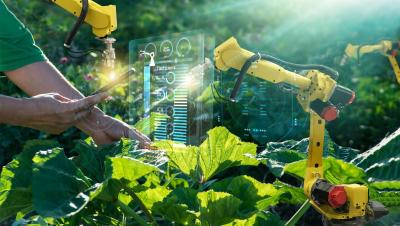
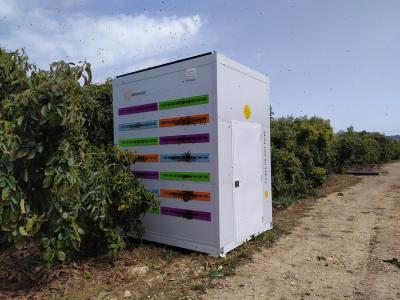
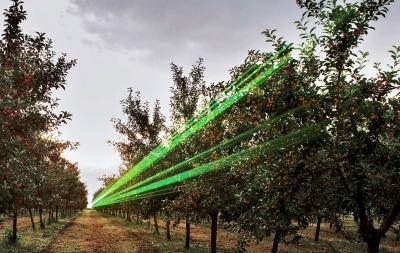
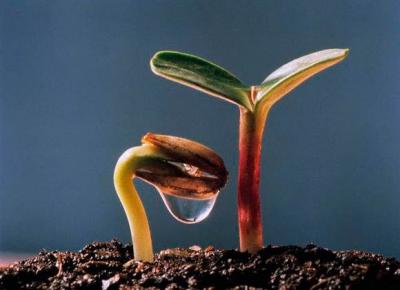
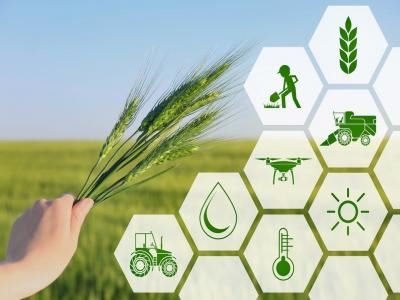



Обсуждение